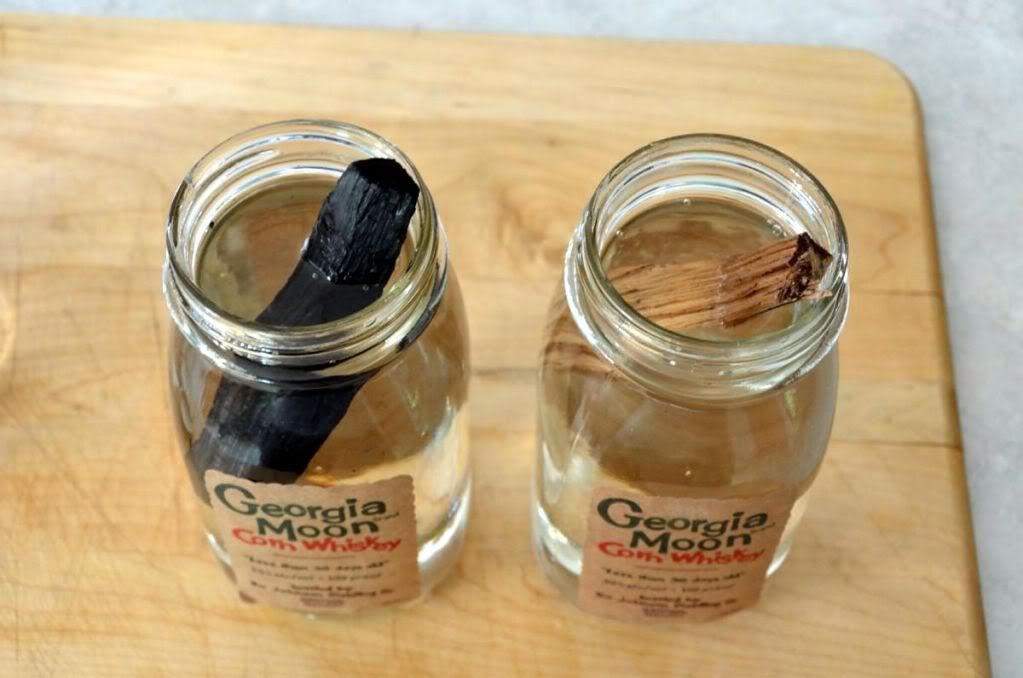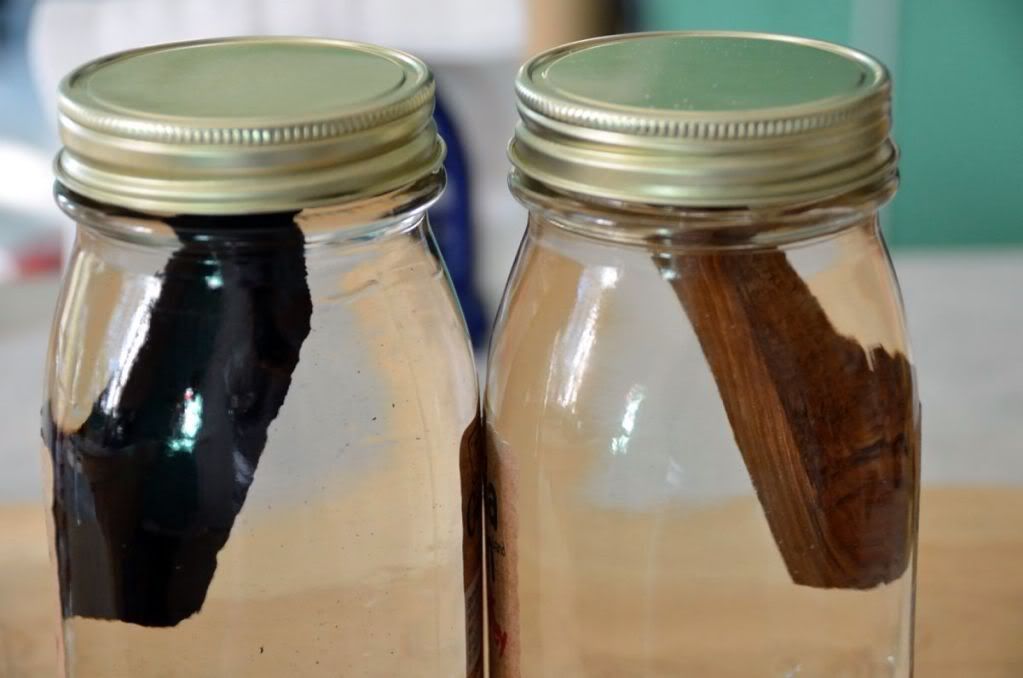KingBrianI
Well-Known Member
Now into the jars to start aging the oak.

I'll let them sit in here for several months to get most of the oakiness out.

Stay tuned for the periodic updates for color.

I'll let them sit in here for several months to get most of the oakiness out.

Stay tuned for the periodic updates for color.

















































![Craft A Brew - Safale BE-256 Yeast - Fermentis - Belgian Ale Dry Yeast - For Belgian & Strong Ales - Ingredients for Home Brewing - Beer Making Supplies - [3 Pack]](https://m.media-amazon.com/images/I/51bcKEwQmWL._SL500_.jpg)









